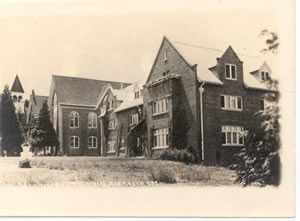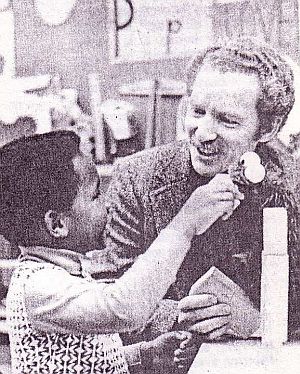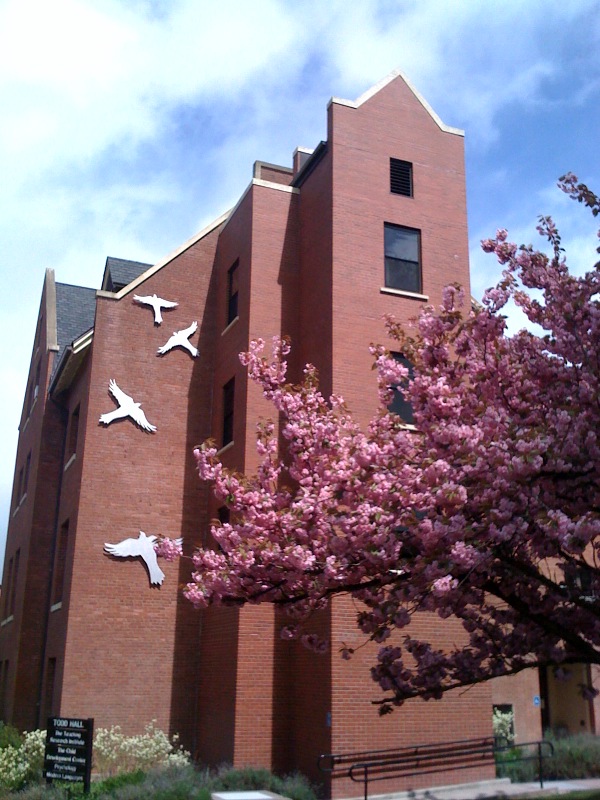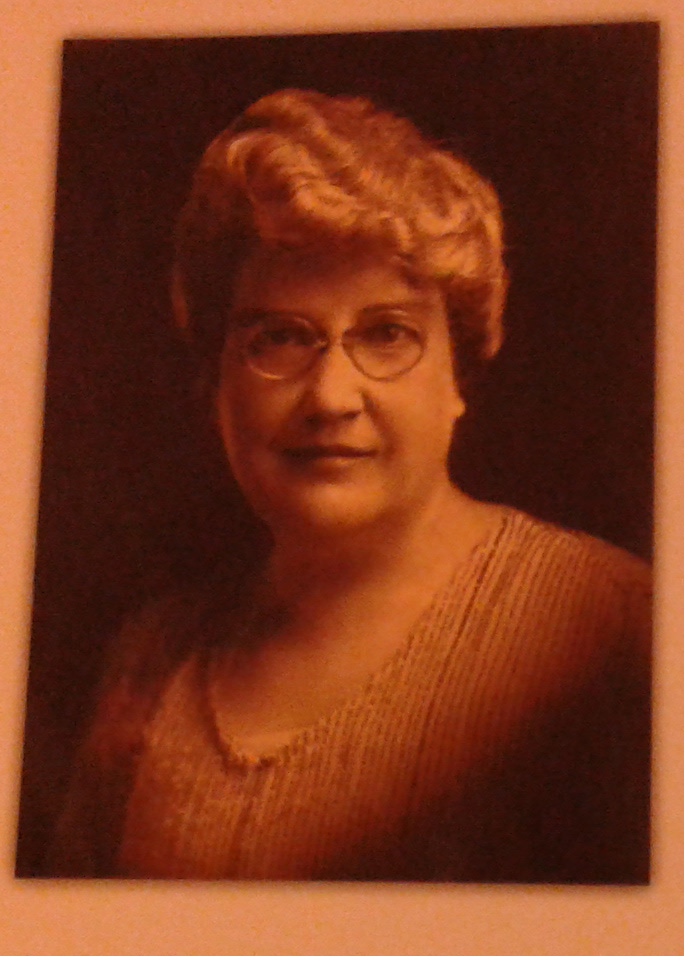The Research Institute (TRI) at Western Oregon University improves the quality of life for individuals by facilitating positive change in education, health, and human services systems.
To attain this vision, TRI conducts a comprehensive multi-disciplinary program of research, evaluation, program/model training, development, technical assistance, direct service, and dissemination serving both typical and special populations of all ages at the local, state, regional, and national levels.
TRI is guided by partnerships with consumers, families, and practitioners and measures the effectiveness of its work by the impact on their lives.
TRI is committed to ensuring equality and valuing diversity, essential elements to the fulfillment of the institutional mission. TRI promotes excellence by working to ensure access to fully inclusive environments in order for all staff to achieve their professional and personal goals.
Our History

The Research Institute at Western Oregon University (formerly Teaching Research), was established in the early 1960s as a research and development arm of the Oregon University System’s (OUS) Chancellor’s Office. In 1989, Teaching Research was transferred from the OUS to Western Oregon University (WOU) and has since become an integral part of the campus community.
TRI's Beginnings
Teaching Research (TR) was founded in 1961, to “use research and technology to improve teaching and learning in mathematics and science.” Its first funding came from the National Defense Education Act – passed in direct response to the Soviet Union’s launch of Sputnik. The Space Race was on, and the national focus was on winning it.
The Sesame Street Connection

Fewer than ten years later, Congress passed the Primary and Secondary Education Act, which included the creation of the Federal Head Start program and a growing interest in education for “handicapped learners.” TR expanded its focus to early childhood education with an emphasis on inclusive environments for children with disabilities.
Expertise in Special Education
Dr. H.D. "Bud" Fredericks' work at TRI (1968 until his retirement in 1995), focused on providing services for children and adolescents with extreme emotional and behavioral challenges, and with moderate to severe cognitive disabilities. Dr. Fredericks became a nationally recognized expert in the field of Special Education.
Since the early 1970s, through the work of Dr. Fredricks, TRI staff have been deeply involved with matters pertaining to people who are deaf-blind, creating the consortium with the American Association of the Deaf-Blind, the American Foundation for the Blind, the Helen Keller National Center, and the Perkins School for the Blind. This Consortium became the BD-Link, the National Information Clearing House on Children who are Deaf-Blind. Still, to this day, TRI is steeped in this work as the home of the National Center on Deaf-Blindness.
TRI Today

TRI has the experience and skills to implement research-based practices and to provide effective professional trainings across the areas of Education, Health, and Human Services.
TRI staff are housed on the WOU campus in historic Todd Hall. In addition, TRI has project offices in New York, Massachusetts, Kansas, and Tennessee.
Current work continues to align with local, state and national issues in regular and special education, public health and human services. TRI projects are working in every state within the country, as well as Puerto Rico, the Virgin Islands and the Pacific Basin.If you have a research or project idea, or are working on a project that might benefit from the services at TRI, please feel free to contact us.
TRI Fun Fact

Click to view a video tour of the history of Todd Hall.